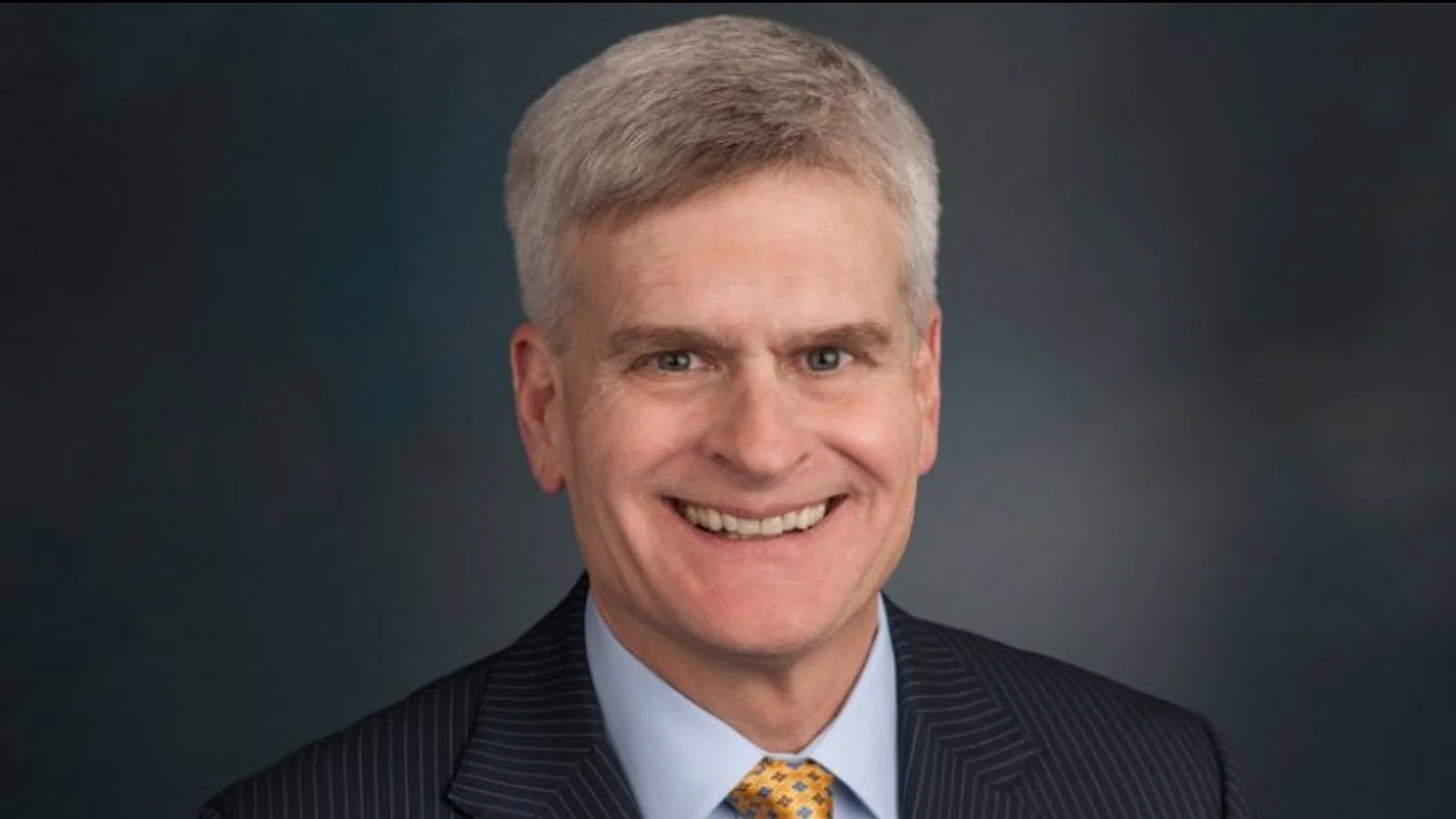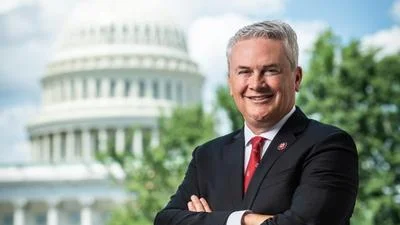U.S. Senator Bill Cassidy, chair of the Senate Health, Education, Labor, and Pensions (HELP) Committee, has expressed support for the Trump administration's proposal to replace the Biden administration's rule regarding environmental, social, and governance (ESG) factors in retirement savings management.
In a letter, Cassidy stated, “The important fiduciary duty of loyalty enables millions of hardworking Americans to confidently prepare for retirement, knowing that their savings are invested for their benefit only.” He continued, “Workers should not have to worry about the safety of their hard-earned savings because their fiduciary chose politics over prudence."
Cassidy has previously criticized the Biden administration's ESG policy, which allowed fiduciaries to consider ESG factors in investment decisions for retirement savings. He introduced the Restoring Integrity in Fiduciary Duty Act in the last Congress, aiming to prevent asset managers from prioritizing ESG factors over financial returns for Americans' retirement funds. Cassidy also joined a bipartisan group in supporting a Congressional Review Act resolution to overturn the Biden-era ESG rule, which was later vetoed by President Biden.
Addressing Secretary Chavez-DeRemer, Cassidy wrote, “As Chairman of the U.S. Senate Committee on Health, Education, Labor, and Pensions, I write in support of the Department of Labor’s decision to replace its final rule titled ‘Prudence and Loyalty in Selecting Plan Investments and Exercising Shareholder Rights.’” He added, “When Congress passed the Employee Retirement Income Security Act of 1974 (ERISA), it entrusted fiduciaries with the responsibility to assist workers in saving for retirement. In doing so, it is crucial that fiduciaries act only with a worker’s best interest in mind. This important fiduciary duty of loyalty enables millions of hardworking Americans to confidently prepare for retirement, knowing that their savings are invested for their benefit only.”
Cassidy criticized the use of ESG considerations by some fiduciaries, saying, “Unfortunately, some fiduciaries have failed to uphold this duty and misused workers’ savings in order to invest in activist causes. Under the guise of environment, social, and governance (ESG) considerations, fiduciaries choose investments or exercise shareholder rights based on subjective, unprovable factors to further an ideological agenda.”
He endorsed the Trump administration’s approach, stating, “President Trump’s proposed rule signals a return to sensibility. When managing a worker’s investment options or exercising his or her shareholder rights, a fiduciary should only consider the material, pecuniary factors that directly increase workers’ savings. The Biden administration’s ESG rule broke sharply from this practice, enabling fiduciaries to run wild with workers’ savings and putting the retirement security of millions of Americans at risk. Last Congress, I joined with my colleagues to overturn this rule through a Congressional Review Act resolution, which President Biden vetoed despite the resolution’s support from a bipartisan majority in both chambers. By replacing this harmful policy, the Department of Labor will once again ensure that fiduciaries uphold their responsibilities to workers.”
Cassidy reiterated his legislative efforts, stating, “To that end, I also introduced the Restoring Integrity in Fiduciary Duty Act last Congress, which would reinforce the important fiduciary duties codified by Congress in ERISA. Alongside the Department of Labor’s final rule, this legislation would clearly outline that fiduciaries must only consider economic factors related to an investment’s performance when managing a worker’s savings.”
He concluded, “I look forward to continuing to work with President Trump and the Department of Labor in implementing pro-worker policies. When preparing for retirement, workers should not have to worry about the safety of their hard-earned savings because their fiduciary chose politics over prudence.”
For further information and updates from HELP Republicans, readers are directed to visit their website or follow @GOPHELP on Twitter.









